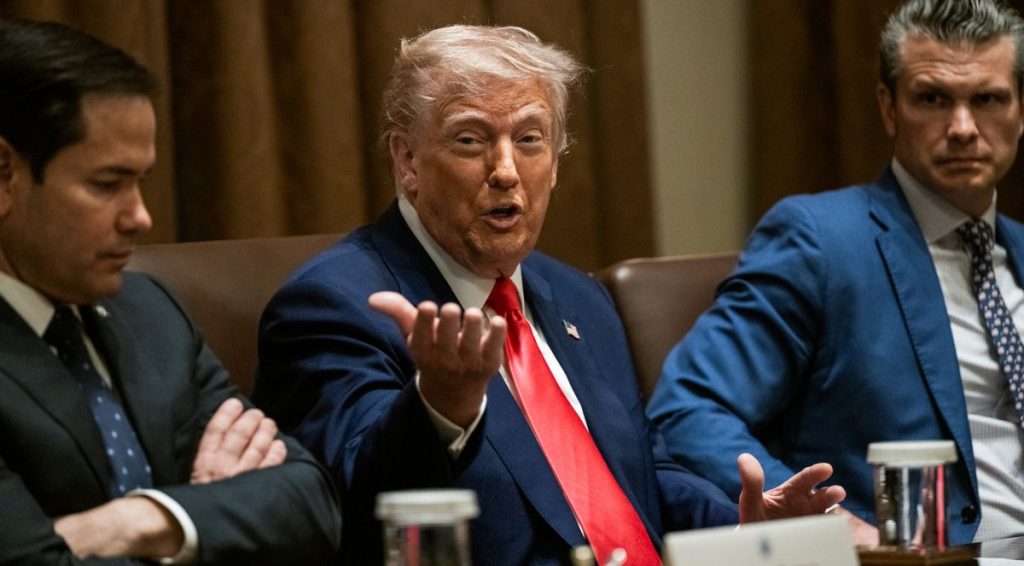New DOJ directive raises concern over broader denaturalization efforts.
Others are reading now
A U.S. law once used mainly to remove former Nazis from the country is now being applied more widely under the Trump administration.
A recent memo from the Department of Justice instructs lawyers to use denaturalization—stripping citizenship from individuals who lied during the naturalization process—more aggressively, targeting those seen as threats to national security.
According to the DOJ memo, people who commit violent crimes, have gang ties, or commit fraud should be top priorities.
But legal experts warn that the vague language in the directive could allow the government to target a wider group, including immigrants who may not pose real threats but are politically or publicly at odds with the administration.
Also read
A Law with Cold War Origins
The denaturalization law was created during the Cold War to target suspected Communists, but has mainly been used against former war criminals.
In 1979, the DOJ created a special unit that deported hundreds of people linked to Nazi crimes.
That effort was led for years by Eli Rosenbaum, who in 2022 returned to help investigate war crimes in Ukraine.
Under President Obama, a separate effort called Operation Janus focused on identity fraud in the naturalization process. President Trump went further in 2020, creating a dedicated DOJ office for denaturalization, though it was disbanded under President Biden.
Now, instead of a separate office, the Trump administration is pushing the DOJ’s entire Civil Division to prioritize denaturalization where legally possible. The memo also encourages local U.S. attorneys to flag cases for possible action.
Fear and Political Concerns
During Trump’s first term, 102 denaturalization cases were filed. Under Biden, only 24 were brought. In the current administration’s first five months, five cases have already been filed, DOJ spokesperson Chad Gilmartin said.
The Justice Department insists that all proceedings will follow the law and be based on evidence. But some legal experts and former DOJ officials say the memo opens the door to using vague or questionable claims to remove citizenship.
Cassandra Burke Robertson, a law professor at Case Western Reserve University, said the move risks turning citizenship into a political tool.
“The politicization of citizenship rights is something that really worries me,” she told CNN.
Irina Manta, a law professor at Hofstra University, added that the move could have a “chilling effect” on free speech, especially among naturalized citizens. “I regularly observe the fear firsthand,” she said.
Political motives?
Trump has made statements suggesting a desire to deport individuals he disagrees with—even American-born citizens.
Though it’s unclear how serious these comments are, the rhetoric has raised alarms.
He has mentioned removing “bad people … many of them born in our country,” and said his administration should “take a look” at deporting Elon Musk after the billionaire criticized his spending bill.
Some of his allies are already taking steps.
Republican congressman Andy Ogles recently asked Attorney General Pam Bondi to investigate New York City mayoral candidate Zohran Mamdani—born in Uganda and naturalized in 2018—based on controversial lyrics in a rap song. Bondi has not responded publicly.


